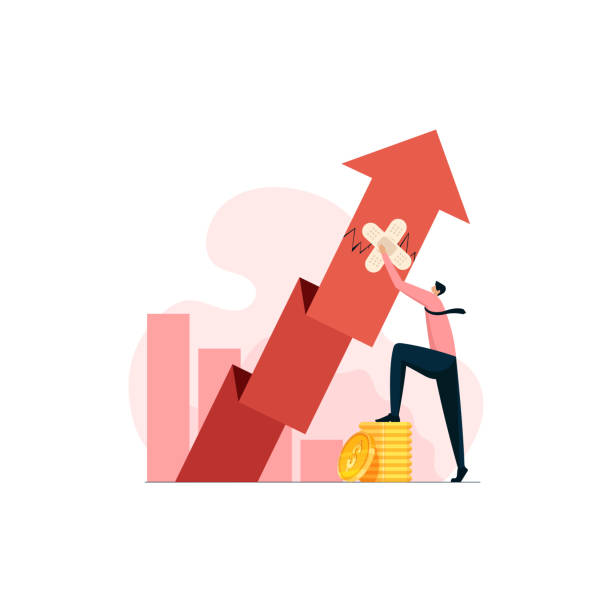
The Experience Economy by American academics B Joseph Pine and James H Gilmore, a bestseller in 1999, is a must-have for any list of seminal books on business. The authors argued that selling experiences is the fourth stage of consumer development, after goods, services, and commodities.
The following example explains their idea:
Mothers made homemade birthday cakes using farm products (flour and sugar, butter and eggs), which cost only a few dimes. Betty Crocker pre-mixed the ingredients for moms as the industrial economy grew.
In the 1990s, as the service economy began to take hold, parents were too busy to bake their own cakes. They ordered them from a bakery or grocery, and they cost US$10-15, ten times more than the packaged ingredients. In the 1990s, when parents were pressed for time, they no longer made the cake or even threw the party. Chuck E. Cheese’s is the place they choose to spend $100 or more on to ‘outsource their event’.
Since the beginning of this century, everything from high-street shops to luxury spas to tourist routes has been selling consumers’ experiences. They have done so by stirring our emotions at the highest possible price. This model was as badly affected by the pandemic as any other sector. Chuck E. Cheese, the chain of restaurants, is one high-profile casualty. The pandemic was blamed for the chain’s chain’s chain’s Chapter 11 bankruptcy this summer.
I am not convinced that the demand for experiences is going to return next year or even in the following year. Something new may be emerging.
Are you an experienced person?
The experience economy was booming before 2020. The US experience economy grew faster than the US goods market during the 2010s. The UK also grew at a similar rate. People are willing to spend money on making memories. Just look at the trend of going to festivals themed around TV shows like Friends.
Millennials seem to place a greater emphasis on memorable experiences than buying things. They document it all through social media. COVID-19 was born. According to a July PwC report, the UK’s service sector was most affected by the recession in the accommodation and food sectors, followed by the arts, entertainment, and recreation sectors.
Sensations are what make an experience memorable. A rollercoaster ride, for example, can trigger an adrenaline rush. Research suggests, for instance, that theme parks must increase the excitement that their visitors expect to succeed.
Sharing experiences with others is essential. The experience of sharing an activity is enhanced. Cosplay is a popular hobby where people dress up and play characters. By exchanging advice and offering mutual support, cosplayers can improve their experience. COVID-19 has made it difficult to pursue and share such encounters. It has affected tourism, hospitality, and events as well as higher education, theatres, concerts, and theatres.
COVID-19 could accelerate this transformation, although the restrictions are likely to lift eventually.
Chuck E.’s problems predate Covid-19. Commentators suggested that while the brand appealed primarily to children, parents did not find it exciting. The entire fast-dining industry has been struggling ever since 2016 when EEd’sEasy Diner entered administration in the UK.
Physical retail is also in a long-term decline. Malls and high streets can be used to stage experiences. The best malls bring people together and excite them. Seems to be losing its appeal. It is becoming more common to see closed brands and empty shops.
Look at me
There may be a fundamental shift in the economy. Today’s TToday’s consumers are more interested in attracting attention than they are in experiences.
In my research on tourists, I found that some people travel to get noticed. Spending a lot of money on travel will help them get noticed. They want to be noticed by locals. In search of an authentic experience, I saw tourists who were trying to stand out rather than blend in.
Perhaps it’s time to add another layer to Pine and GGilmore’s economic development progression, where value is added through facilitating performances. People are willing to pay more for experiences, goods, and services that help them gain attention.
It follows 20 years of reality TV, social media, and data analytics. The new norm is to live under constant observation. The new goal is to become an online influencer. Online likes are addictive and change behavior.
We are therefore not surprised that we would seek out products and services that will help us improve our online performance. Consumers can enhance their appearance by taking advantage of fast-growing industries like tattoo parlors and fitness. Social media, which is the platform for these performances, grows quickly.
Performances are replacing experiences in the same way that commodities, goods, and services have been pushed to one side by the rise of expertise. This doesn’t signify the end of the experience economy but rather a shift in focus to support the performances that consumers are increasingly prioritizing.
Etsy is a good example. Has only recently made it into the S&P 500 index. Etsy is a marketplace that allows you to sell your crafts as well as purchase them. Arts that demonstrate skills and self-expression can be performed. Etsy will enable consumers to display their personalities through their macrame jewelry.
Pine and Gilmore stated that it would be challenging for established companies and businesses to make the switch from selling services to experiences. It will also be difficult to make the transition from selling experiences into supporting performances, thanks in part to COVID-19. Businesses that can capitalize on the 21st-century shift may be able to outperform their competitors.
